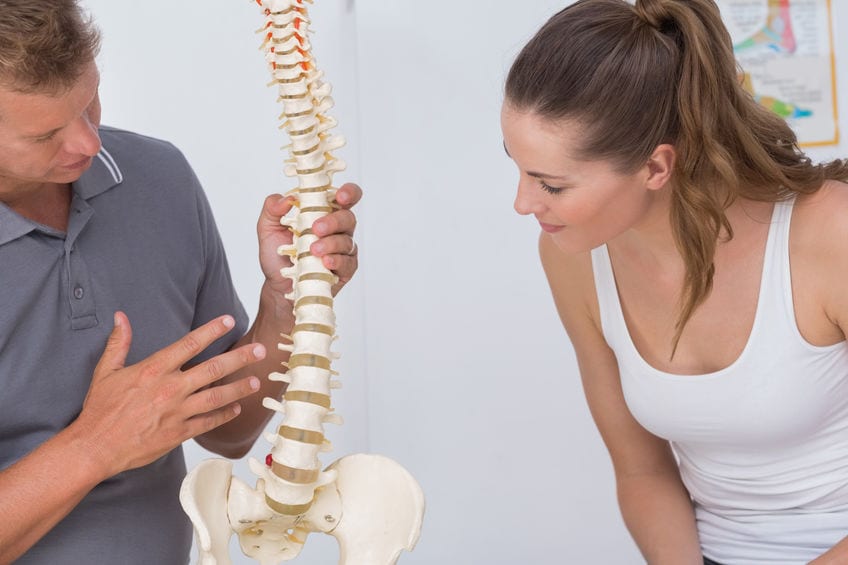A Herniated And Bulging Disc Is Not The Same Thing
Reading Time: 2 minutesHerniated and bulging discs are often confused for each other, but there’s a key difference between the two terms. Both terms refer to a type of spinal disc degeneration caused by aging, obesity, or physical trauma. Disc damage can cause progressively painful symptoms for many patients.
A bulging discomfort
A bulging disc is a precursor to a more severe herniated disc. Bulging discs occur when the disc outer cartilage slips out of place on the spine. An intervertebral disc consists of a hard outer covering made of cartilage and a soft jelly-like inner core. Discomfort can occur when the inner core protrudes to the outer layer close to the surrounding nerves.
A crack in the disc
A herniated disc, also called a ruptured and slipped disc, happens when the outer layer is cracked and the inner core begins to leak out. Some people don’t experience any symptoms, but others may feel limb pain or muscle weakness due to irritation of the nerves surrounding the herniated disc.
Treatment options for bulging or herniated discs
Depending on the diagnosis, there are multiple treatment options available to herniated disc patients.
- Medications or injections can reduce the numbness, tingling, and limb pain associated with a herniated disc. While effective, this form of pain management doesn’t provide long-term relief.
- Physical therapy can reduce painful symptoms and the likelihood of experiencing future disc damage to the surrounding nerves. Exercises can improve posture, strengthen muscles, and lower weight.
- Minimally invasive surgery methods use tiny incisions to remove the herniated section of the disc and speed up the healing process. This last-ditch treatment option can provide considerable relief with a low risk of complications.
Finding relief with a spine professional
A bulging or herniated disc is excruciatingly painful. Spine health professionals can get patients up and moving in no time. A licensed physician can look over the patient’s medical history, perform a physical exam, and sometimes order a CT or MRI scan to get an accurate diagnosis. Spine specialists offer a wide variety of minimally invasive treatment options to treat herniated discs. Individuals suffering from a herniated disc can chat with a licensed spine specialist about minimally invasive surgery options to find the best treatment for pain relief.










